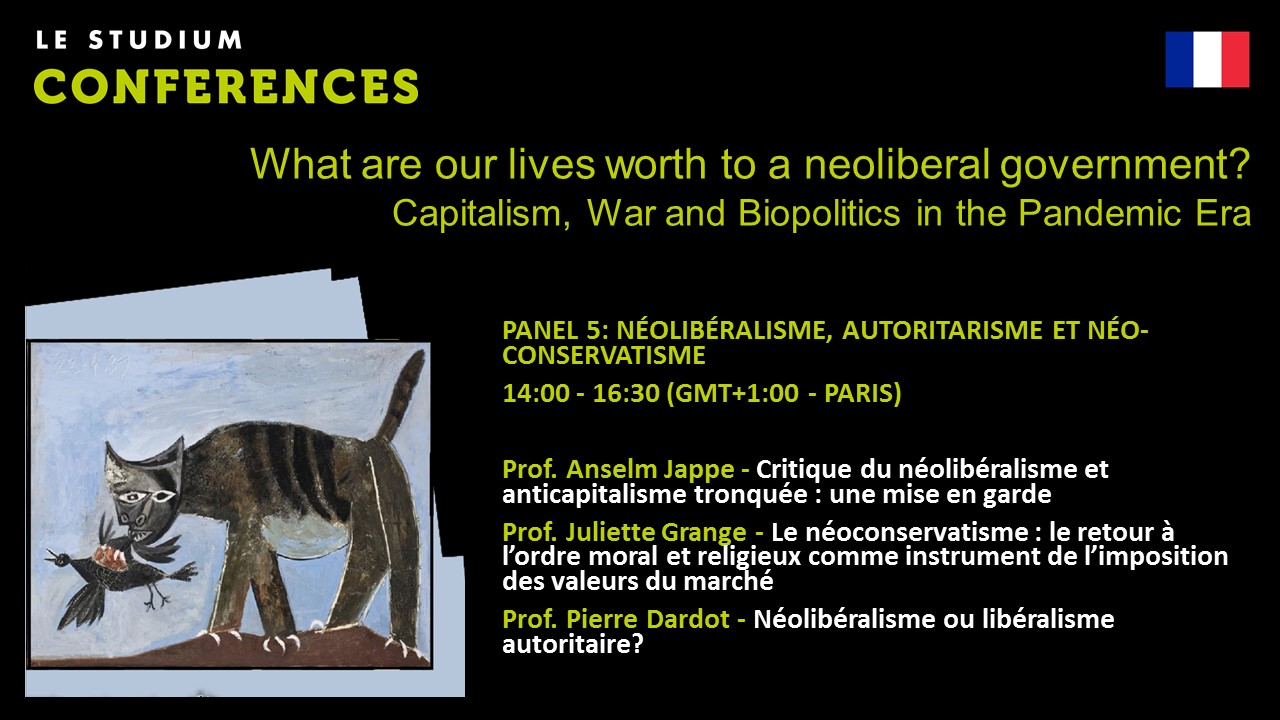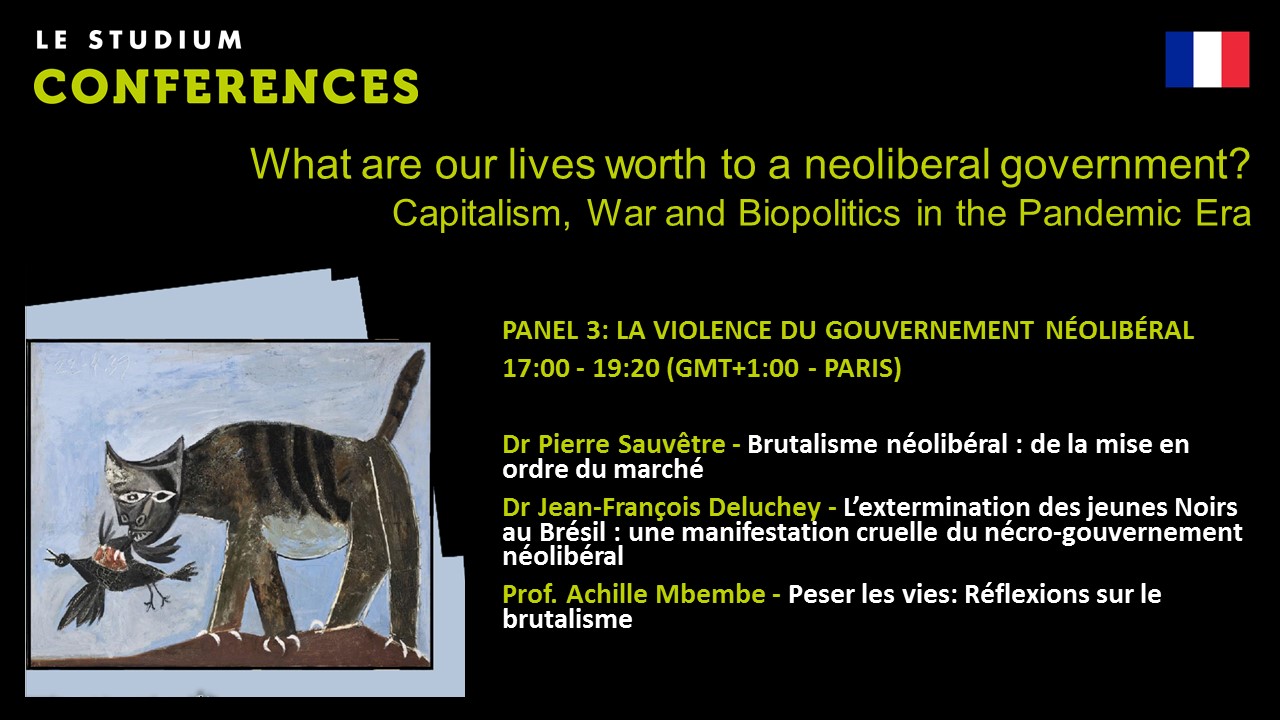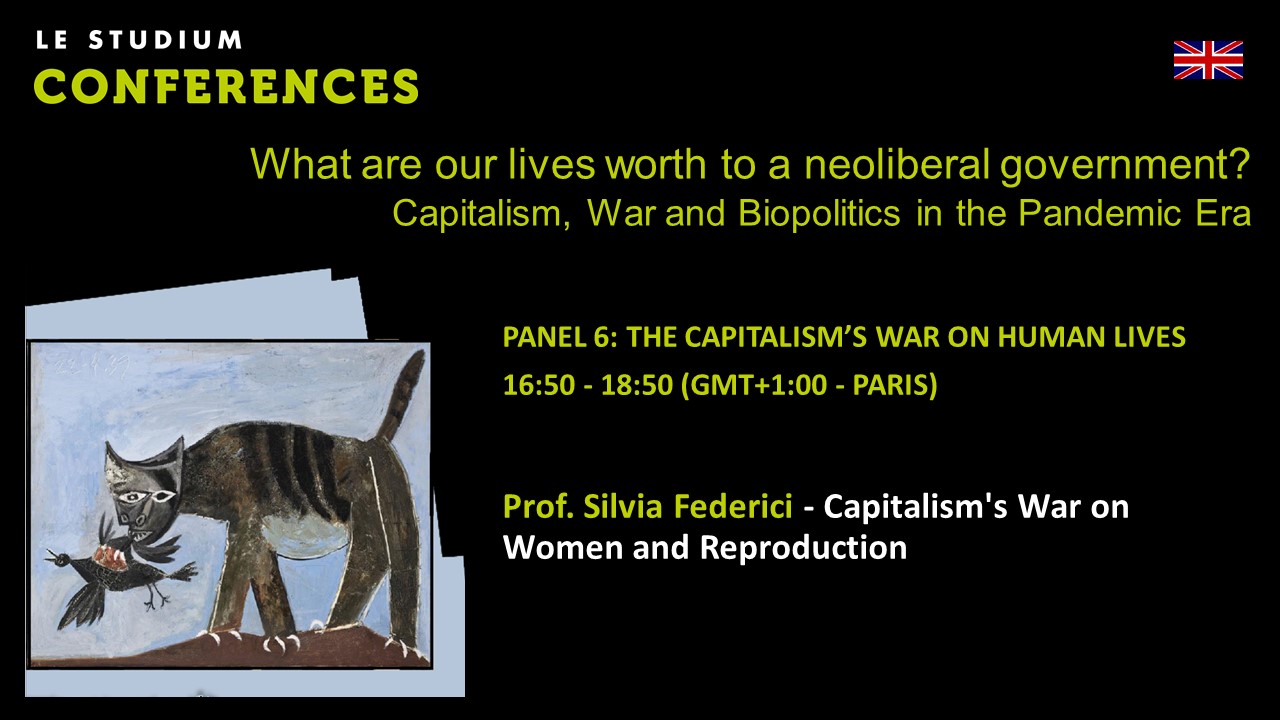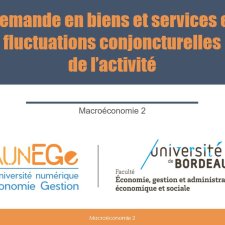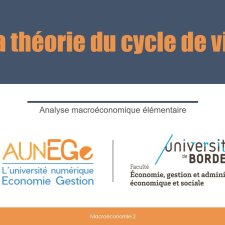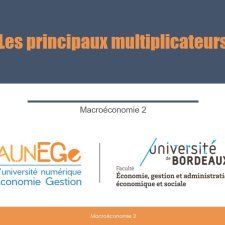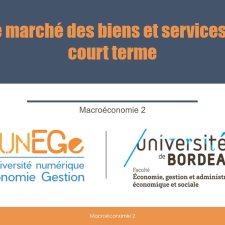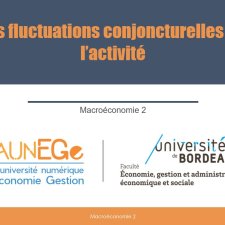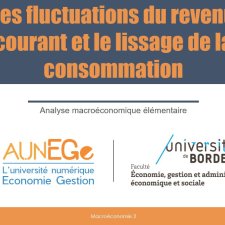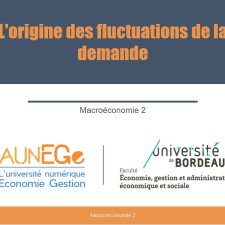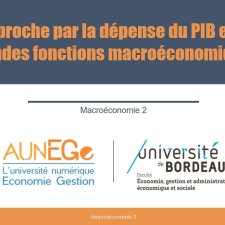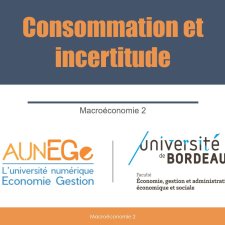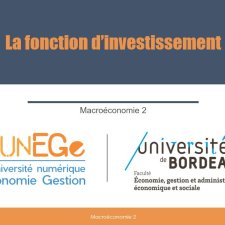Notice
PANEL 2: LE NÉOLIBÉRALISME ET LA “GUERRE CIVILE MONDIALE"
- document 1 document 2 document 3
- niveau 1 niveau 2 niveau 3
Descriptif
Moderator: Prof. Elisabeth Gavoille (Cultural and Discursive Interactions (ICD) / University of Tours - FR)
Prof. Jorge Cagiao Y Conde (Cultural and Discursive Interactions (ICD) / University of Tours – FR) - La gauche face à la mondialisation et à la question nationale
Je m’intéresse dansma contribution à la relation complexe que la gauche entretient avec lamondialisation et le nationalisme. D’une part, son adhésion à un projet dedépassement du cadre stato-national pour la démocratie, bien que nuancée,semble aujourd’hui acquise. L’UE en serait la meilleure illustration dansl’espace européen. Les résistances à ce projet sont par ailleurs dénoncées enraison du nationalisme (perçu systématiquement comme un danger pour ladémocratie) dont elles seraient le reflet. Un nationalisme à l’égard duquel lagauche a traditionnellement tenu à marquer ses distances. Discursivement à toutle moins. Mon but est de montrer comment les études spécialisées sur laquestion nationale et le nationalisme permettent d’éclairer la position de lagauche face au trilemme « mondialisation/Etat-nation/démocratie ».
Dr Bárbara Lou da Costa Veloso Dias (LE STUDIUM, Cultural and Discursive Interactions (ICD) / University of Tours – FR & Federal University of Pará - BR) - Le droit comme machine de guerre néolibérale
Le droit en tant qu'armede guerre ou Lawfare peut être défini comme une utilisation stratégique visantà créer des effets similaires à ceux traditionnellement recherchés lors d’uneaction militaire conventionnelle, motivée par le désir d'affaiblir ou de détruireles opposants. La forme juridique est ainsi utilisée pour "corrompre"le processus électoral démocratique. Les procédures judiciaires permettent decontourner le risque politique de la "souveraineté populaire",surtout lorsque les intérêts particuliers de la classe dirigeante sont endanger. Les juges assument alors de facto la fonction de "censeurspolitiques", intervenant directement dans la qualification et l'exclusiondes candidats potentiels, n'hésitant pas à modifier au préalable les conditionsd'expression pluraliste de l'électorat. Cette stratégie juridico-politique duLawfare a gagné en notoriété et en visibilité dans le cas de l'ancien présidentLuiz Inácio Lula da Silva au Brésil.
Prof. Christian Laval (Sophiapol / GENA, Paris-Nanterre University - FR) - Néolibéralisme: une nouvelle guerre civile mondiale?
Les leçons qu’on doit tirer de la nouvelle phase du néolibéralisme ouverteau milieu des années 2010 réclame d’en reprendre l’histoire sous un anglestratégique. Le mode de gouvernement proprement néolibéral fonctionne à laconcurrence généralisée de façon globale. On n’a sans doute pas assez insistésur le fait que le néolibéralisme n’est pas un gouvernement de paix et decompromis. La doctrine se donne des ennemis à combattre (le collectivisme, lesocialisme, les syndicats, et finalement tous les mouvements porteurs d’unerevendication égalitaire), et pour cela théorise dans la lignée de Carl Schmittla nécessité d’un État fort. Le néolibéralisme gouvernemental à partir desannées 70 n’abandonne pas cette dimension stratégique mais l’accommode auxrapports de force et aux contextes nationaux. Aujourd’hui, la dimensionstratégique revient au premier plan, mais cette fois sous une formeréactionnaire et nationaliste susceptible de capter la colère populaire pour latourner contre les forces de gauche, les intellectuels, les migrants et lesminorités. La guerre culturelle permet de mobiliser une partie de la populationcontre une autre. En ceci, nous avonsaffaire à une guerre civile globale.
Dans la même collection
-
PANEL 5: NÉOLIBÉRALISME, AUTORITARISME ET NÉO-CONSERVATISME
Moderator: Dr Jean-François Deluchey (Cultural and Discursive Interactions (ICD) / University of Tours - FR and Federal University of Pará - BR)
-
PANEL 1: THE NEOLIBERAL PANDEMIC (DIS)ORDER, CARING AND SOLIDARITIES
Moderator : Prof. Nathalie Champroux (Cultural and Discursive Interactions (ICD) / University of Tours - FR) Dr Antonio Pele (Pontifical Catholic University of Rio de Janeiro - BR) - Brazil in Times
-
PANEL 3: LA VIOLENCE DU GOUVERNEMENT NÉOLIBÉRAL
Moderator: Dr. Maboula Soumahoro (Cultural and Discursive Interactions (ICD) / University of Tours - FR) Dr Pierre Sauvêtre (Sophiapol / GENA, Paris-Nanterre University - FR) - Brutalisme néolibéral
-
Panel 6: the capitalism's war on human lives
For Silvia Federici, the various forms assumed by neoliberal capitalist globalization compose a frontal attack on the reproductive labor force and the power of women.
-
PANEL 4: LA VALEUR NÉOLIBÉRALE DE L’HUMAIN
Moderator: Prof. Juliette Grange (Cultural and Discursive Interactions (ICD) / University of Tours - FR) Dr Alfredo Gomez-Muller (Cultural and Discursive Interactions (ICD) / University of Tours
Sur le même thème
-
Tokyo, plus grande « ville » au monde : aménager et gouverner la démesure
Languillon-AusselRaphaëlAvec ses quelques trente-cinq millions d’habitants, Tokyo est la « ville » la plus peuplée au monde, et l’une des métropoles les plus riches. Cette présentation vise à décrire, analyser et expliquer,
-
Demande en biens et services et fluctuations conjoncturelles
Maveyraud-TricoireSamuelDemande en biens et services et fluctuations conjoncturelles
-
-
-
Les propensions à consommer et à épargner
Maveyraud-TricoireSamuelLes propensions à consommer et à épargner
-
Le marché des biens et services à court terme
Maveyraud-TricoireSamuelLe marché des biens et services à court terme
-
Les fluctuations conjoncturelles de l’activité
Maveyraud-TricoireSamuelLes fluctuations conjoncturelles de l’activité
-
Les fluctuations du revenu courant et le lissage de la consommation
Maveyraud-TricoireSamuelLes fluctuations du revenu courant et le lissage de la consommation
-
L'origine des fluctuations de la demande
Maveyraud-TricoireSamuelL'origine des fluctuations de la demande
-
L'approche par la dépense du PIB et les grandes fonctions macroéconomiques
Maveyraud-TricoireSamuelL'approche par la dépense du PIB et les grandes fonctions macroéconomiques
-
-

